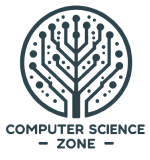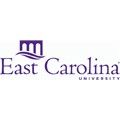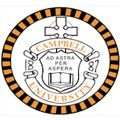North Carolina, the ninth most populous in the US, has been populated since at least 1000 BCE. The first Europeans to enter the Carolinas came in the mid-sixteenth century — first Spanish explorers and then Englishman under the orders of Sir Walter Raleigh and Queen Elizabeth. Today it’s among the region’s most active cultural and economic centers, with a wide range of modern industries and diverse demographic. 70% of residents identify as white; 22% as African American; and 8% as Hispanic or Latino. As of 2011, half of North Carolina’s population below the age of 1 were minorities. Raleigh is the capital city, but Charlotte is twice its size. Greensboro, Durham, Winston-Salem, Fayetteville, and Wilmington are other major cities.
Computer Science opportunities in North Carolina
CNBC, Forbes, and CEO Magazine have all recognized North Carolina as one of the top states in the country for doing business. With a GDP of nearly $520 billion, it ranks 10th in the US and is behind only Georgia and Florida in the Southeast region. Historically, the state was a major agricultural and manufacturing center, but the economy has drastically changed in the last three to four decades, diversifying and modernizing to meet the demands of the 21st century. Charlotte is the banking capital of the South and home to Bank of America and 8 other Fortune 500 companies. But the main financial driver has to be the famous Research Triangle, comprising Chapel Hill, Raleigh, and Durham, which boast some of the top public and private universities in the country. SAS Institute and CaptiveAire Systems are headquartered in Raleigh, and Durham fosters a thriving tech startup community and hosts major IBM office. (Forbes called ranked Durham #10 on its Best Places for Business and Careers.) Other major employers in the region include Red Hat, Fidelity Investments, BASF, PNC Financial Services, Pfizer, General Electric, Lenovo, and LabCorp.
Cost for tuition against national average
If higher education is what sets North Carolina apart, affordable higher education is what makes it rise to the top. For 2016-17, average tuition at four-year institutions was $7,203, or $2k less than the national average. That trend holds the same for North Carolina community colleges, as well: the $2,425 annual price tag is $1,500 less than the national average. We should mention that both of these numbers have risen over the last five years – 10% for two-year schools and 19% for four-year schools — but, of course, some increase is expected to account for general inflation and other factors. Further, year-over-year increases are either at or below the national average and seem to be tapering. The point remains: North Carolina higher education ranks at the top of the country for both academic prestige and affordability.
Average Salary for computer science jobs in North Carolina:
- Web Developer:$72,030
- Software Applications Developer: $98,300
- Computer Systems Analyst: $91,700
- Database Administrator: $86,490
- Data Scientist: $100,332
- Information Technology Manager: $99,322
The 5 Best Online CS Degree Providers: NC
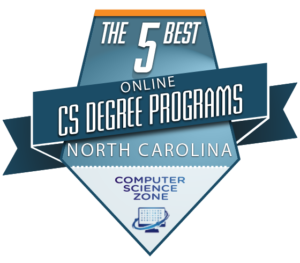
While students should first and foremost make sure that a university offers the exact field of study they’re interested in pursuing, knowing the overall quality of an online degree providing university is also important. Below we’ve surveyed all of the computer science-related degree providers in Florida and ranked them according to academic prestige and the breadth of their academic offerings. Our academic prestige metric takes into account online-centered predictors of program quality such as class size, the range of online support services, the percentage of faculty with terminal degrees in their field, and admissions profiles. Together these two metric categories help to flesh out some of the overall best online degree-granting institutions for computer science in the state. Check out our top offerings below!


Founded in 1887, NC State is located in Raleigh and enrolls approximately 34,000 students – the largest student population in either North or South Carolina. One of sixteen schools in the state’s university system, Forbes, Washington Monthly, and US News, place it among the top public schools in the region; Kiplinger’s Finance ranks the university 11th in the country for “best value,” and the Wall Street Journal ranks it 19th for top recruiter picks. With a 14:1 student-to-faculty ratio, classes are kept small and intimate for a research university of its size; 35% have fewer than 20 students. And with 45 online degrees available, 44 of which are on the master’s level, NC State offers the second most online programs in North Carolina.
Computer science students can choose between a range of online graduate degrees, including master’s in Computer Networking, Computer Engineering, Computer Science, Geospatial Information Science And Technology, Instructional Technology, and an MEd in Technology Education. All courses are designed for maximum flexibility to accommodate working professional and adult learners with additional responsibilities outside of school; this includes hybrid opportunities for students who want to combine the best of online and traditional classroom education. NC State’s dynamic WolfWare learning platform includes lecture videos, activities and other media, and students can communicate directly with professors and peers via learning management systems. Among the student services offered include enrollment assistance, academic advising, and tech support.


Founded in 1907, East Carolina University in Greenville is the third-largest university in the state, with a total enrollment of approximately 28,000. Ranked as a Tier 1 national university, ECU also has one of the best tuition deals in the country: Washington Monthly has ranked East Carolina as the No. 1 “Bang for your Buck” university. For its service to military veterans, ECU has received the Patriot Award and the Secretary of Defense Employer Support Freedom Award for its support of veterans. With an 18:1 student-to-faculty ratio, ECU classes combine individualized instruction and collaborative education. A third of classes have less than 20 students, and just 17% have more than 49. For students interested in financial aid, 60% of full-time undergrads receive some form of aid.
ECU’s online computer science-related degrees are copious: first, a BS in Industrial Technology with a concentration available in Information and Computer Technology; then masters’ in Computer Science, Instructional Technology, Technology Management, Health Informatics and Information Management, Network Technology (with four concentrations), and an MAEd in Instructional Technology Education. As one the state’s leader in online and distance degrees (including 90 online degree and certificate programs), ECU brings a wealth of experience to the online delivery. All courses are designed for maximum flexibility, accommodating working professionals and adult learners, and ECU offers online tutorials and an orientation for new students.
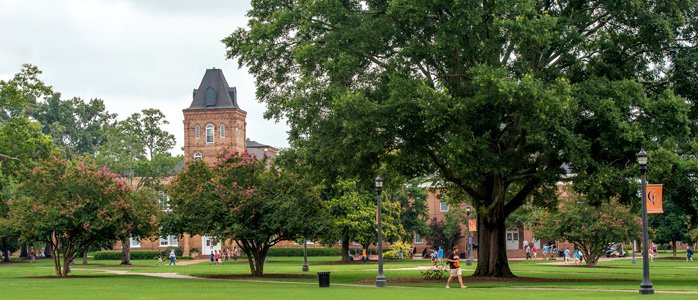

Founded in 1887, Campbell University has a total enrollment of 6,500 and is ranked 30th among all schools in the region and 22nd for veteran services. With a 16:1 student-to-faculty ratio, Campbell has both intimate, individual instruction and the ability to foster a collaborative educational environment. Nearly 60% of classes have fewer than 20 students, and just 8% have over 49. Most important, financial aid opportunities are widely available: 80% of full-time undergraduates receive some form of aid, and the average need met is over 75%. Distinguished alumni include Paul Green, recipient of the Pulitzer Prize for Drama; Fred Whitfield, COO of the Charlotte Hornets; and several judges on the North Carolina Court of Appeals.
Campbell offers six computer science-related degrees at the associate and bachelor’s level. First, AA’s in Information Technology Management and Information Technology Security; and then BA’s and BAS’s in IT Management and IT Security. All courses are available 100% online and deliver in accelerated 8-week blocks to allow for maximum scheduling flexibility. Through the Blackboard learning platform, students have direct access to professors and peers, group discussion boards, live chat rooms, video conferencing, 24/7 course material, and tech support. Additional student services include counseling, disability, online tutoring, and transfer and military credits assistance.
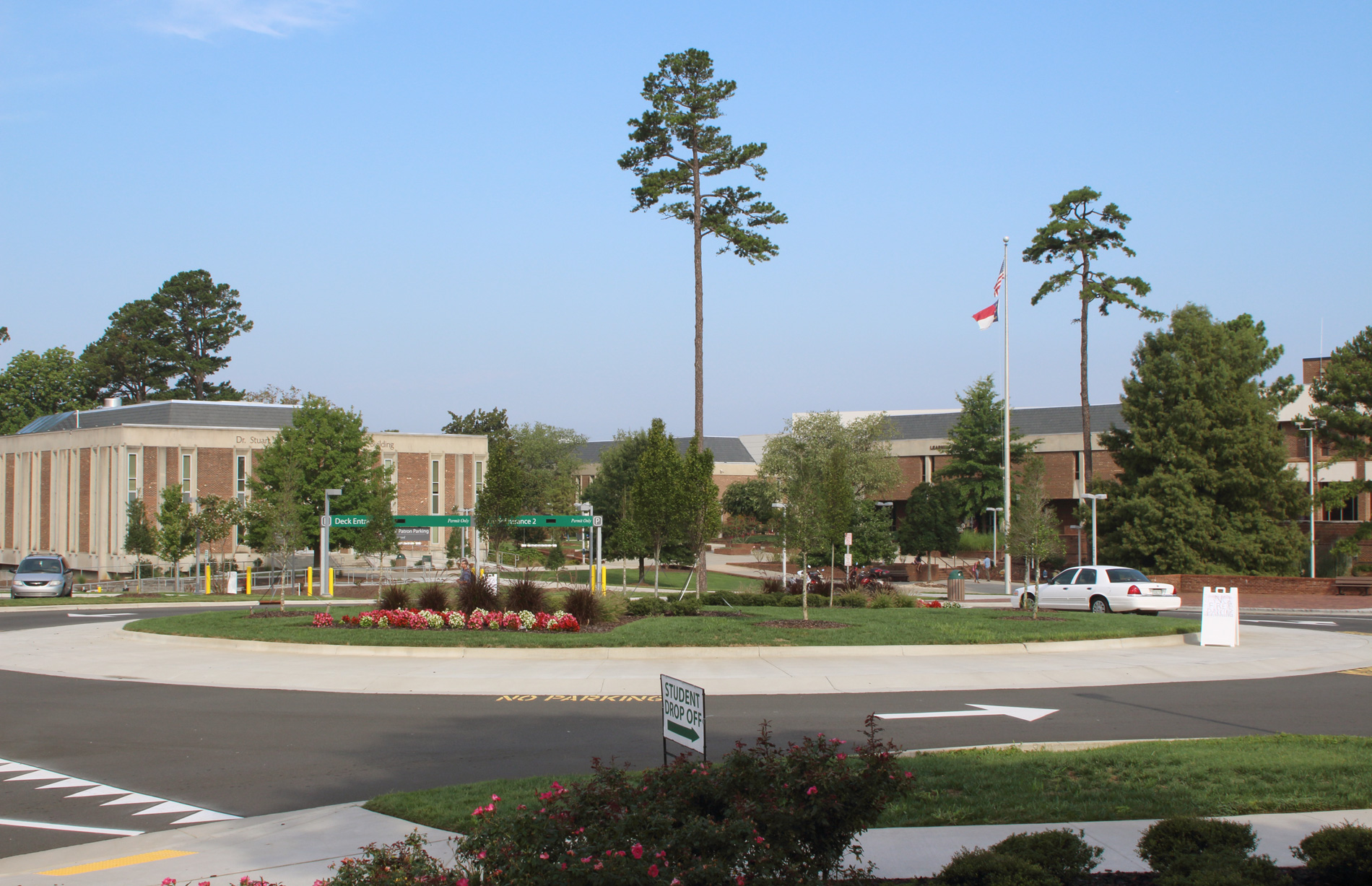

Guilford Technical Community College is based in Jamestown, with additional campuses in Greensboro, High Point, and online. Distance education programs began in 2007 to accommodate the growing need for flexible, customizable professional degrees, and GTCC now offers the second most associate degrees in North Carolina.
For students interested in computer science associate’s tracks, Guilford offers AAS’s in Computer Programming, Information Technology Web Development, and Simulation & Game Development. (Before beginning any program, students are required to complete the eDegree Readiness Workshop to prepare for online delivery standards.) Courses are built for maximum flexibility to accommodate an array of student types, including working professionals, adult learners, part-time students, and more. Delivery is synchronous to help simulate the traditional classroom experience, but students are free to complete course work according to their own schedule so long as it meets the deadline. For students interested in related certificate programs, GTCC offers tracks in IT Systems Support, Information Technology, Web Development, Internet Marketing & Social Media, JAVA Programming, C++ Programming, and Medical Office Billing and Coding.
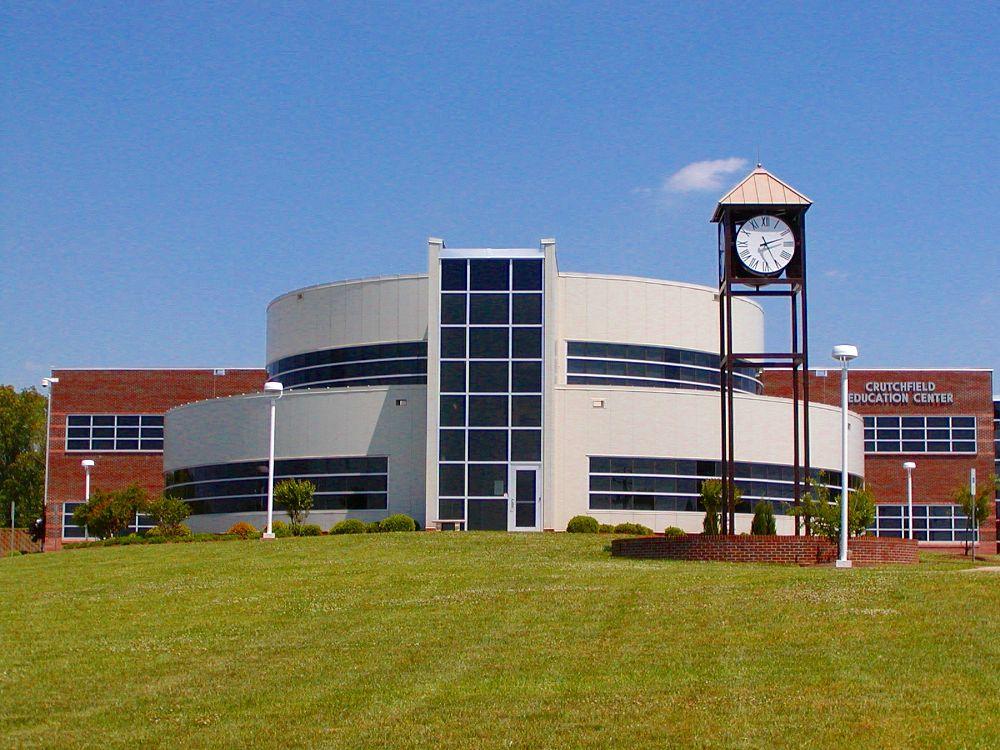

Founded in 1891, North Carolina A&T State University is ranked 10th in the region among Historically Black Colleges and Universities, according to US News. With a total enrollment just below 11,000, the school’s 19:1 student-to-faculty ratio supports a vibrant and collaborative educational community while still having room for individualized instruction. A third of classes consist of less than 20 students, and under 8% have 50. Financial opportunities are a big bonus: 84% of students receive some form of aid, and the average need met stands at over 75%.
Computer science students have a wealth of online degrees to choose from at NC A&T. Bachelor’s tracks area available in Business Administration – Information Technology, Electronics Technology, Geomatics, and Information Technology. From there, graduate degrees include an MS in Information Technology, MS in Instructional Technology, MAT in Technology Education, MS in Technology Management, and even a PhD in Technology Management. All courses are tailored to individual students’ needs and interests, and designed for maximum flexibility to accommodate adult learners, working professionals, and others. The university’s emphasis on student success includes personal a program coordinator to assist in course selection, identifying necessary student services, and focusing on academic goals. Additional benefits include transfer services, career services, tech support, and more.
Directory of Online Computer Science Degrees in North Carolina
| North Carolina State University at Raleigh | Raleigh, NC | Online CS Degrees: 6 | |
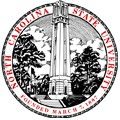  ADDRESS & CONTACT INFO (919) 515-2011 Raleigh, NC 27695 |
|||
| Guilford Technical Community College | jamestown, NC | Online CS Degrees: 4 | |
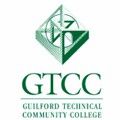  ADDRESS & CONTACT INFO (336) 334-4822 601 E Main St, Jamestown, NC 27282 |
|||
| Stanly Community College | Albemarle, NC | Online CS Degrees: 4 | |
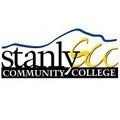  ADDRESS & CONTACT INFO (704) 982-0121 141 College Dr, Albemarle, NC 28001 |
|||
| North Carolina A & T State University | Greensboro, NC | Online CS Degrees: 3 | |
  ADDRESS & CONTACT INFO (336) 334-7500 1601 E Market St, Greensboro, NC 27401 |
|||
| Wilson Community College | Wilson, NC | Online CS Degrees: 3 | |
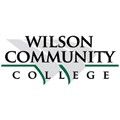  ADDRESS & CONTACT INFO (252) 291-1195 902 Herring Ave E, Wilson, NC 27893 |
|||
| Forsyth Technical Community College | Winston-Salem, NC | Online CS Degrees: 3 | |
  ADDRESS & CONTACT INFO (336) 723-0371 2100 Silas Creek Pkwy, Winston-Salem, NC 27103 |
|||
| Vance-Granville Community College | Henderson, NC | Online CS Degrees: 3 | |
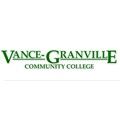  ADDRESS & CONTACT INFO (252) 492-2061 200 Community College Rd, Henderson, NC 27536 |
|||
| Gaston College | Dallas, NC | Online CS Degrees: 2 | |
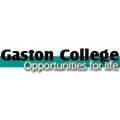  ADDRESS & CONTACT INFO (704) 922-6200 201 US-321, Dallas, NC 28034 |
|||
| Pitt Community College | Winterville, NC | Online CS Degrees: 2 | |
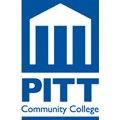  ADDRESS & CONTACT INFO (252) 375-8667 1986 Pitt Tech Rd, Winterville, NC 28590 |
|||
| University of North Carolina Wilmington | Wilmington, NC | Online CS Degrees: 1 | |
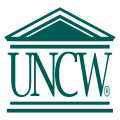  ADDRESS & CONTACT INFO (910) 962-3000 601 S College Rd, Wilmington, NC 28403 |
|||
| Gardner-Webb University | Boiling Springs, NC | Online CS Degrees: 1 | |
  ADDRESS & CONTACT INFO (704) 406-4000 110 South Main St, Boiling Springs, NC 28017 |
|||
| University of North Carolina at Pembroke | Pembroke, NC | Online CS Degrees: 1 | |
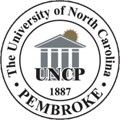  ADDRESS & CONTACT INFO (910) 521-6000 1 University Drive, Pembroke, NC 28372 |
|||
| Surry Community College | Dobson, NC | Online CS Degrees: 1 | |
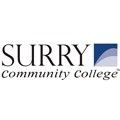  ADDRESS & CONTACT INFO (336) 386-8121 630 S Main St, Dobson, NC 27017 |
|||
| Central Carolina Community College | Sanford, NC | Online CS Degrees: 1 | |
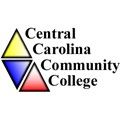  ADDRESS & CONTACT INFO (919) 775-5401 1105 Kelly Dr, Sanford, NC 27330 |
|||
| Fayetteville Technical Community College | Fayetteville, NC | Online CS Degrees: 1 | |
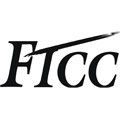  ADDRESS & CONTACT INFO (910) 678-8400 2201 Hull Rd, Fayetteville, NC 28303 |
|||
